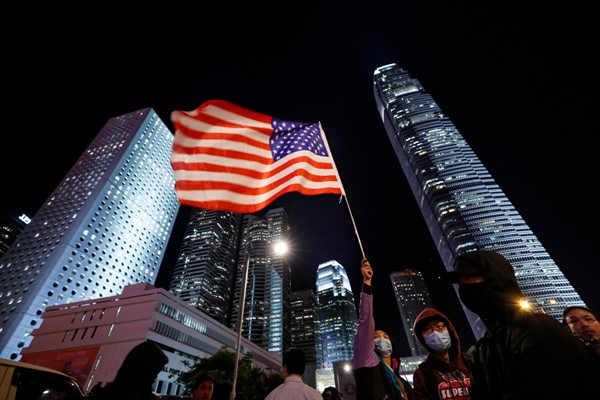Earlier this month, hundreds of Hong Kongers thronged outside a courthouse in West Kowloon to protest the arrest of 47 activists and opposition lawmakers, who were attending an arraignment hearing inside. When the police took them into custody in early January, along with eight other activists, it was one of the most brazen acts of repression in the city since Beijing imposed a new national security law on Hong Kong last summer. With this latest action, Hong Kong authorities have jailed or driven into exile every notable opposition voice in the territory.
The national security law was designed to crack down on pro-democracy protests and restore government control to the restive city. Before the coronavirus pandemic temporarily quieted political activity, Hong Kongers had spent months organizing vast demonstrations in the streets. At times, the masses of citizens marching reached astonishing levels, with organizers estimating that more than 1 million people had turned out for a mass demonstration on June 9, 2019, to protest a proposed law that would have allowed extraditions to mainland China.
By 2020, the Chinese Communist Party had reached a breaking point. Its leadership decided to deploy expansive new legal authorities, combined with a heavy-handed security posture, to turn the political tide. The new law gave Hong Kong police far greater discretion to enact surveillance and censorship provisions and criminalized a wide set of activities.

